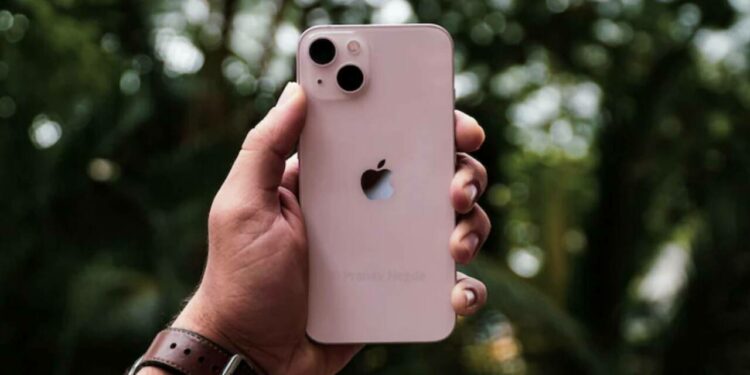When it comes to smartphones, few brands command the level of admiration and devotion that Apple’s iPhone does. However, purchasing a new phone is a significant investment, and it’s crucial to consider both the advantages and disadvantages before making a decision. In this article, we’ll explore the reasons why you should and shouldn’t buy an iPhone, helping you make an informed choice.
Reasons to Buy an iPhone
User-Friendly Interface: Apple has built a reputation for its intuitive and user-friendly interface. iPhones offer a seamless and cohesive user experience, making it easy for both tech-savvy individuals and those new to smartphones to navigate the device effortlessly.
Seamless Integration with Apple Ecosystem: If you already own other Apple devices like a MacBook, iPad, or Apple Watch, an iPhone can seamlessly integrate with these devices. Features like iCloud syncing, AirDrop, and Handoff allow for a smooth and interconnected experience across all your Apple products.
Software Updates and Longevity: Apple consistently provides software updates to its devices for several years, ensuring that your iPhone remains up-to-date with the latest features, security patches, and bug fixes. iPhones also tend to have a longer lifespan compared to many Android counterparts.
Excellent Build Quality and Design: Apple is renowned for its meticulous attention to detail in design and build quality. iPhones often feature premium materials, sleek aesthetics, and excellent craftsmanship, giving them a sophisticated and premium feel.
Reasons to Consider Alternatives
Higher Price Tag: iPhones are generally priced at a premium compared to many Android smartphones. If budget is a significant concern, you may find more affordable options among Android devices that offer similar or even superior specifications.
Limited Customization Options: While Apple prioritizes simplicity and uniformity, this means that iPhones offer limited customization options compared to Android devices. Android allows for greater personalization in terms of home screen layouts, widgets, and app selection.
Closed Ecosystem and Compatibility: Apple’s ecosystem can be restrictive, as iPhones have limited compatibility with non-Apple devices and software. If you heavily rely on non-Apple services or prefer more freedom in choosing third-party apps and accessories, an Android device might be a better fit.
Less Variety and Innovation: Apple typically releases a limited number of iPhone models each year, offering less variety in terms of design and features compared to the wide range of Android options. Android manufacturers often push the boundaries of innovation with unique features and cutting-edge technologies.
Deciding whether to buy an iPhone ultimately depends on your individual needs, preferences, and budget. iPhones offer a user-friendly interface, seamless integration with other Apple devices, software longevity, and excellent build quality. On the other hand, Android devices provide greater customization options, wider compatibility, more affordable alternatives, and diverse choices.
Consider your priorities, assess the pros and cons, and weigh them against your budget to make an informed decision. Ultimately, both iPhone and Android devices have their strengths and weaknesses, and choosing the right smartphone is a personal choice that should align with your individual requirements and preferences.



















Discussion about this post